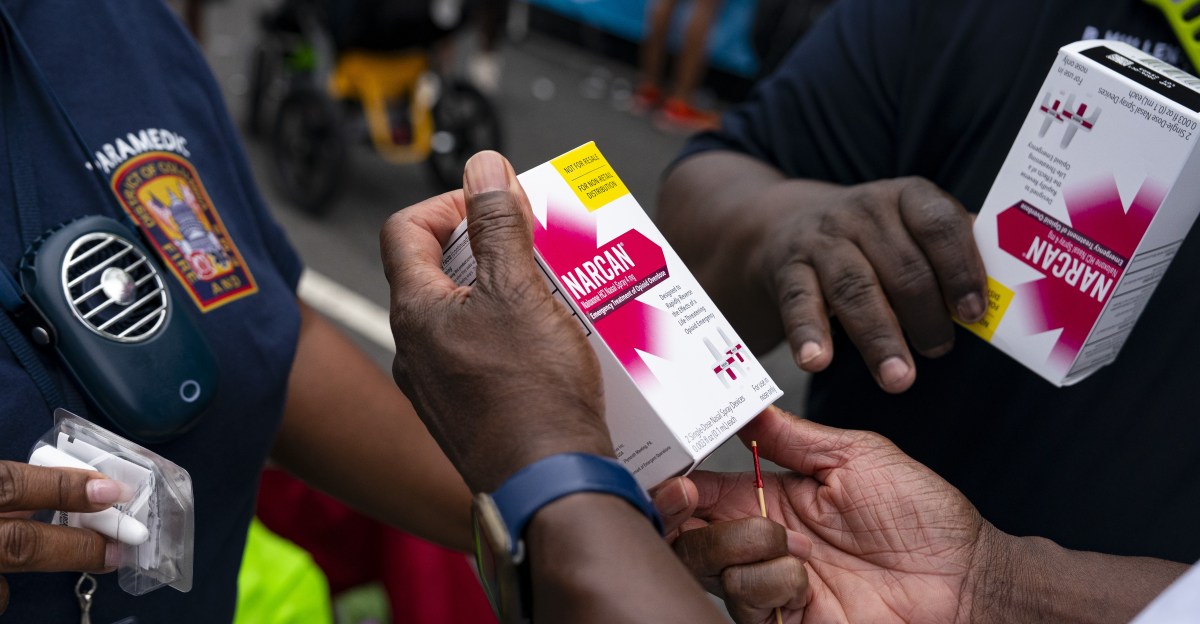Now Reading: Drug overdose deaths are in a free fall — for now
-
01
Drug overdose deaths are in a free fall — for now
Drug overdose deaths are in a free fall — for now

Only two years ago, the United States was facing the peak of its long-standing drug overdose crisis, with over 110,000 Americans succumbing to overdoses in the previous year — nearly double the death toll of the entire Vietnam War. However, towards the end of last year, the nation received surprising news: Overdose fatalities had decreased by 10%, marking the first decline since 2018. Unlike the temporary stabilization in 2018, the recent drop seems to be not only continuous but also accelerating. Latest data from the Centers for Disease Control and Prevention show a remarkable 26% decrease in deaths in 2024, totaling less than 81,000 over the prior 12 months. Recent CDC data at the county level indicate significant reductions in deaths, ranging from 40% to 50%, in states severely impacted by the opioid crisis like West Virginia, New Hampshire, and Ohio.
Although preventable deaths are still occurring at an alarming rate, this decline represents a significant advancement in addressing a challenge that has troubled public health authorities since the onset of the opioid epidemic in the 2000s.
The United States seems to be making progress in combating drug overdose deaths. The reasons behind this trend are not entirely clear, and some experts express concerns that the decline may be temporary. However, there are plausible explanations. One factor could be the end of the pandemic, as overdose deaths surged during 2020 and 2021 due to various factors such as increased isolation and overwhelmed healthcare systems. People using opioids and other dangerous substances are now more aware of the risks associated with fentanyl and synthetic opioids, leading to more cautious behavior. There is also speculation that the pool of vulnerable individuals has decreased over time, and some people may be shifting towards less deadly substances like cannabis and psychedelics. Moreover, the US has made substantial investments in public health campaigns, awareness programs, and expanded access to addiction treatments and overdose-reversal drugs like naloxone.
Despite the positive developments, there are concerns about potential setbacks, particularly as the Trump administration is considering reducing federal spending on opioid treatments. Draft proposals to cut programs supplying Narcan and training first responders to combat overdoses raise fears of regression after the progress made in reducing the impact of opioids. While the fate of these programs remains uncertain, continued efforts and investments in research, prevention, and treatment are seen as crucial in addressing the ongoing public health emergency.




